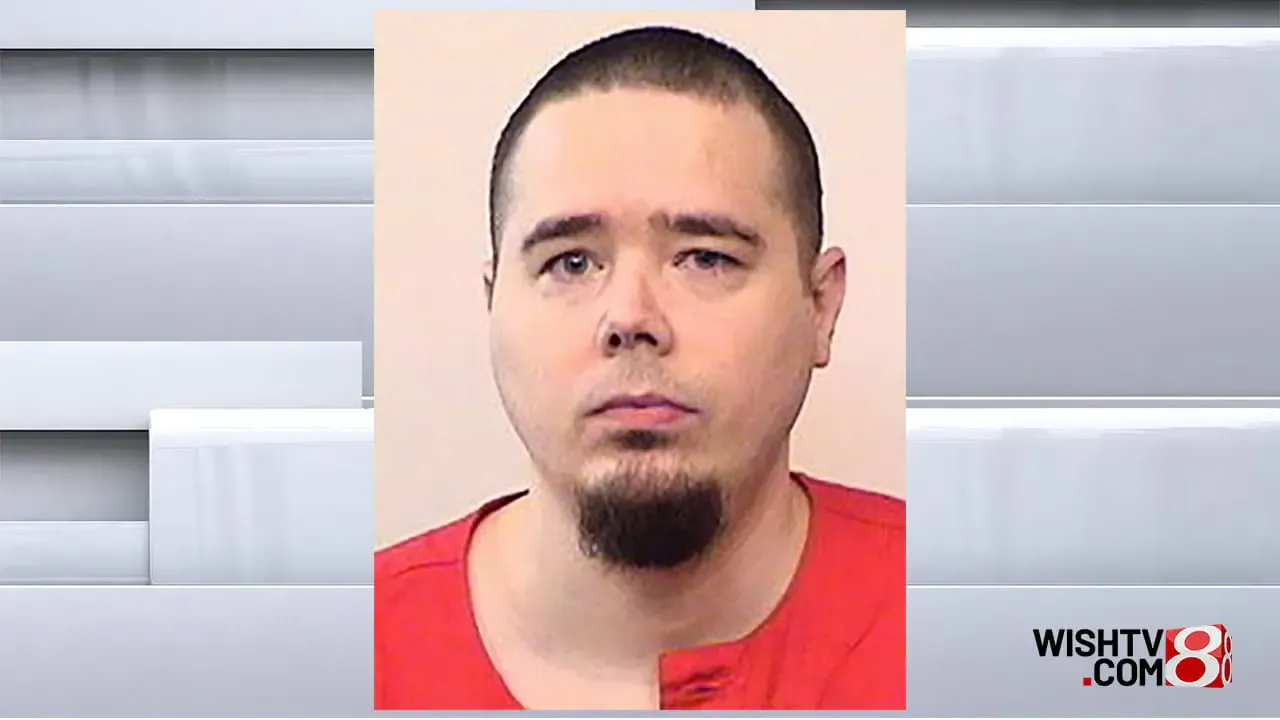Unveiling the Mystery: Who is Joseph Corcoran and Why is Everyone Talking About Him?
In a stark reminder of the complex landscape of criminal justice, Joseph Corcoran has become the center of a profound national conversation about capital punishment, justice, and transparency. The recent execution of this Indiana man has sent shockwaves through legal and social circles, reigniting intense debates about the death penalty and the ethical boundaries of the judicial system.
A Dark History Unveiled
Joseph Corcoran’s story is a chilling narrative of violence that dates back decades. Convicted of a horrific crime, he was found guilty of murdering four individuals, including his own brother and his sister’s fiancé. The brutality of the crime shocked the community and set in motion a legal journey that would span many years.
The Execution that Broke Silence
What makes Corcoran’s case particularly controversial is the manner of his execution. Indiana conducted its first execution in 15 years under circumstances that have raised significant ethical questions. The execution was carried out without any independent witnesses, a decision that has sparked widespread criticism and concern about transparency in the criminal justice system.
The Legal and Ethical Landscape
The execution highlighted several critical issues:
- Transparency in Capital Punishment
- Ethical Considerations of Execution
- Public Perception of Justice
- Victims’ Rights and Closure
Public and Media Reaction
The case has generated unprecedented media attention, with numerous outlets diving deep into the complexities of Corcoran’s story. Journalists, legal experts, and human rights advocates have all weighed in on the implications of this execution.
“This is not just about one man’s execution, but about the broader principles of justice and human rights,” said a prominent legal analyst.
Beyond the Individual Case
Corcoran’s execution is more than just a singular event. It represents a microcosm of the ongoing national debate about capital punishment. States like Indiana, which have rarely conducted executions, find themselves at the center of a complex moral and legal discussion.
The Human Element
While the legal details are important, the case also touches on the deeply human aspects of justice. The families of the victims have experienced decades of pain, and the execution represents a form of closure for some, while reopening wounds for others.
Broader Implications
The case raises critical questions about:
- The effectiveness of the death penalty
- Transparency in judicial proceedings
- The long-term impact of violent crimes on communities
- The psychological toll of capital punishment
Looking Forward
As the dust settles on this controversial execution, many are left wondering about the future of capital punishment in the United States. Will cases like Corcoran’s lead to meaningful reforms, or will they be absorbed into the existing system?
Conclusion
Joseph Corcoran’s story is not just about one man’s crime and punishment. It is a reflection of deeper societal struggles with justice, morality, and the complex human emotions that surround life, death, and redemption.
The conversation continues, and Joseph Corcoran’s legacy will undoubtedly be a catalyst for ongoing discussions about the nature of justice in modern America.
Note: This article is based on available public information and aims to provide a balanced perspective on a complex legal and ethical issue.






Leave a Comment